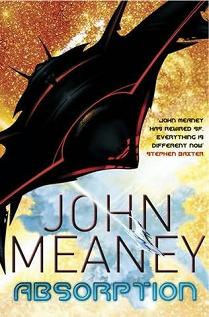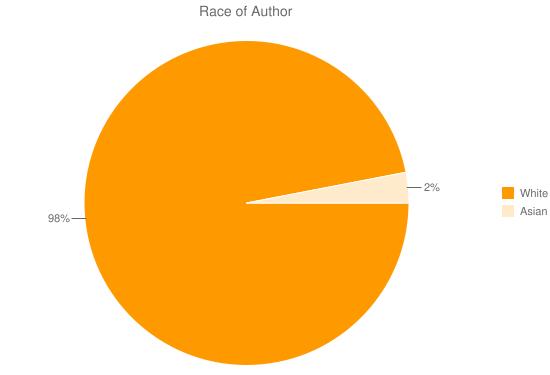The good people of Crooked Timber are debating the replacement of human labour with machines as if the great robotisation/computerisation debates of the late sixties up to the mid-eighties never happened, nor for that fact the original industrial revolution, as if this has never happened before. But never mind that, at least Henry Farrell managed to get science fiction into the debate which in turn reminded me of Frederik Pohl’s great 1957 novella, “The Midas Plague”:
Frederik Pohl’s Midas Plague Equilibrium under which robots produce consumer goods so cheaply that they flood society, and lead the government to introduce consumption quotas, under which the proles are obliged to consume extravagant amounts so as to use the goods up (the technocrats fear that any effort to tinker to the system will risk reverting to the old order of generalized scarcity). This is a world of conspicuous non-consumption in which the more elevated one’s social position the less possessions one is obliged to have. Crisis is averted when the hero realizes that robots can be adjusted so that they want to consume too, hence easing the burden.
Frederik Pohl is a writer whose heart has always been on the left, having been a card carrying communist before World War II and the Hitler-Stalin pact, remaining a socialist/leftist afterwards, something that has always remained visible in his writing, both his solo work and his collaborations with C. M. Kornbluth in the 1950ties. Their novels The Space Merchants and Gladiator-At-Law are sharp social satires of aspects of 1950ties capitalism projected towards extremes, still relevant and recognisable today. The same goes for “The Midas Plague”. The idea of a world no longer defined by material scarcity is an old one in science fiction, from Iain Banks and his Culture novels all the way back to –as Henry’s post alluded to — E. M. Forster’s The Machine Stops. Where “The Midas Plague” differs from most other examples is that it does not show an utopia, false or otherwise, but a still recognisable capitalist society.

It just flips the parameters of our own capitalist society: rich people live simple lives unencumbered by materialist possessions and get to enjoy the challenges of meaningful work, poor people are burdened by mountains of disposable consumer goods, having to spent more time using them up than doing any real work, spurred on by government rationing rather than advertising. The absurdity of this situation, in which ghettos consist of sixtyroom houses in a riot of loud, extravagant styles and poor people are forced to use up seven cars a year and dozens of suits a month makes clear the absurdities of real existing capitalism. The end result, of robots making an endless stream of consumables for other robots to wear out to make more consumables is the perfect endgame of capitalism.
And Pohl’s imagination is actually closer to our own reality than we might care to contemplate. We have after all a middle class that has loaded itself with debt to be able to afford the American dream of the big mansion, two point one cars, HDTV in every room and vacations in Europe, that lives a life that could be mistaken for that of a rich person, but is completely depend on keeping one step ahead of the next credit card payment. Meanwhile there are people genuinely making the argument that because poor people can afford colour televisions and Ipods they are no longer poor, even if they’re living in one bedroom apartments in suburban slums three hours away by bus from their lower than minimum wage job and working three of those to feed their children.
“The Midas Plague” cuts to the heart of that by showing that just having more and more possessions to use up does not make one rich or ruling class if you don’t actually have the power to accompany your “wealth”.

